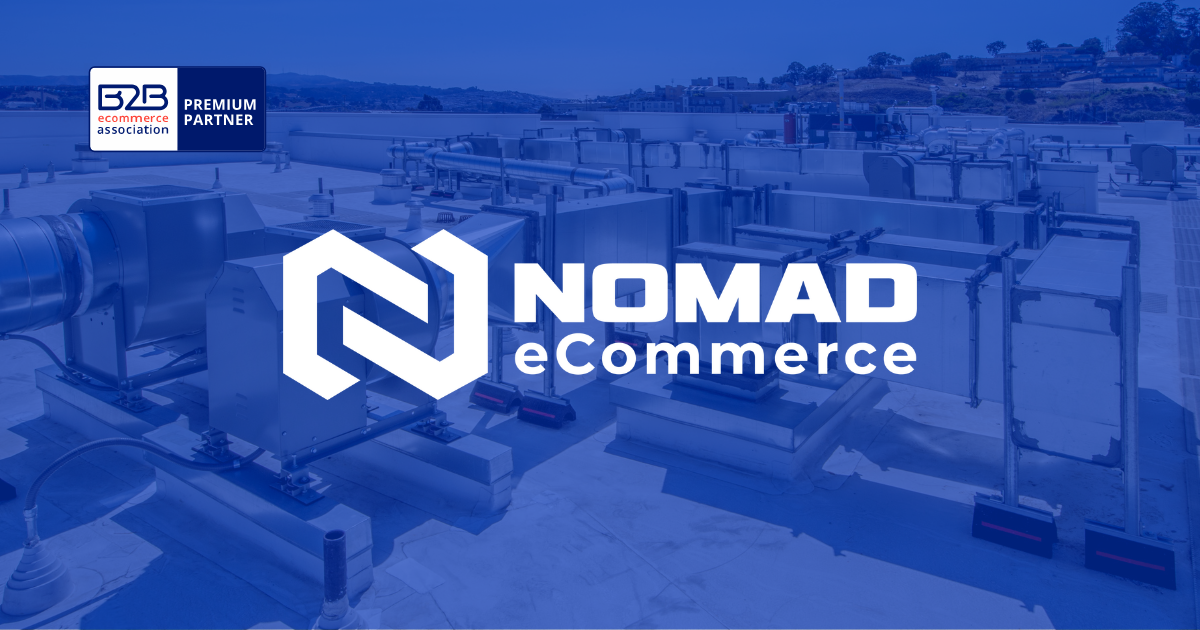Manufacturers target digital supply chains
More manufacturers are implementing some digital supply chain applications and services faster than others, says new data from PwC.
Most manufacturers (53%) have achieved “full adoption” of cloud-based data platforms, Internet of Things (IoT) technologies and connected services. Meanwhile, just over a third (35%) have fully adopted scanning and intelligent data capture (OCR), says PwC in a new survey from 300 supply chain executives.
But adoption of digital technologies that help drive predictive insights or cross-enterprise efficiency are in the early stages. Just one in four (24%) manufacturers have applied artificial intelligence to their supply chains, according to our survey. Even fewer have adopted blockchain (18%), robotics/robotic process automation (RPA) (16%) and augmented reality (14%).
“Given the relatively lean adoption rates of these technologies, manufacturers expect to make investments to increase them,” PwC says. “Nearly three-quarters (73%) report that they plan to make investments in AI/ML, robotics/RPA and blockchain over the next two years.”
But as the economy continues to soften and cut back on their spending, some manufacturing companies may slow how much they will spend on digital supply chain applications. For example, nearly half (47%) cite budget constraints as the top challenge of digitizing their supply chains, followed by insufficient capabilities of supply chain hardware and software systems (31%) and a misalignment of supply chain goals and the business’ overall strategic goals (31%).
“Despite some success in adopting digital technologies — and plans to invest in areas that are lagging — many manufacturers are encountering systemic obstacles and other challenges in getting the most out of digitizing the supply chain,” PwC days. “For example, few tools yield “out of the box” benefits, requiring more time and digital know-how to make an impact.”








